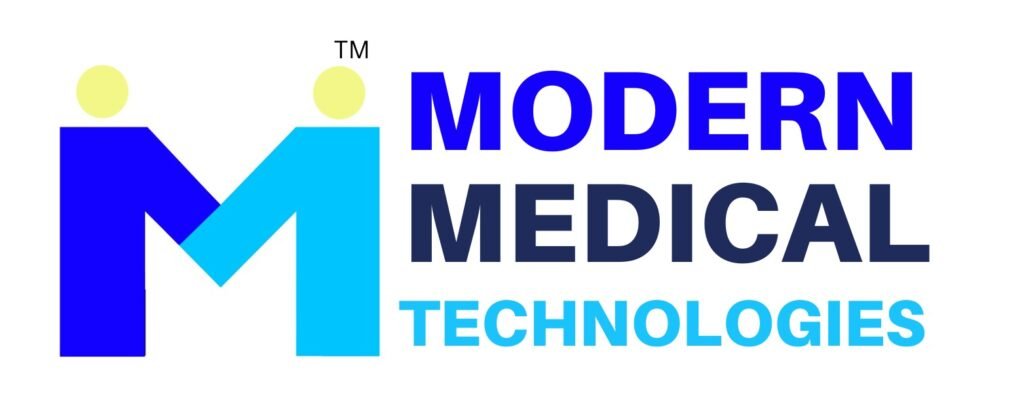
What is HIPAA
HIPAA stands for the Health Insurance Portability and Accountability Act of 1996, a U.S. law designed to protect sensitive patient health information from being disclosed without the patient’s consent or knowledge. HIPAA provides guidelines for safeguarding medical data and ensures that individuals’ health information is properly protected while allowing the flow of health information needed to provide high-quality health care.
Privacy Rule: This rule establishes national standards to protect individuals’ medical records and other personal health information. It sets limits on how and when health information can be used and disclosed.
Security Rule: The Security Rule outlines standards for protecting electronic protected health information (ePHI) by requiring physical, technical, and administrative safeguards to ensure the confidentiality, integrity, and security of ePHI.
Breach Notification Rule: This rule requires covered entities and their business associates to notify affected individuals, the Secretary of Health and Human Services (HHS), and, in some cases, the media of a breach of unsecured protected health information.
Enforcement Rule: The Enforcement Rule outlines the penalties for HIPAA violations and establishes procedures for investigations and hearings regarding compliance.
Who Must Comply with HIPAA?
- Covered Entities: These include healthcare providers (doctors, clinics, hospitals), health plans (insurance companies, HMOs), and healthcare clearinghouses.
- Business Associates: Any third-party service providers that handle, process, or transmit protected health information (PHI) on behalf of a covered entity.

HIPAA ensures that patients have rights over their health information, including the right to obtain a copy of their health records and request corrections. Non-compliance with HIPAA regulations can result in significant fines and penalties.

Have any Questions? Call us Today!
- +91-7799990041